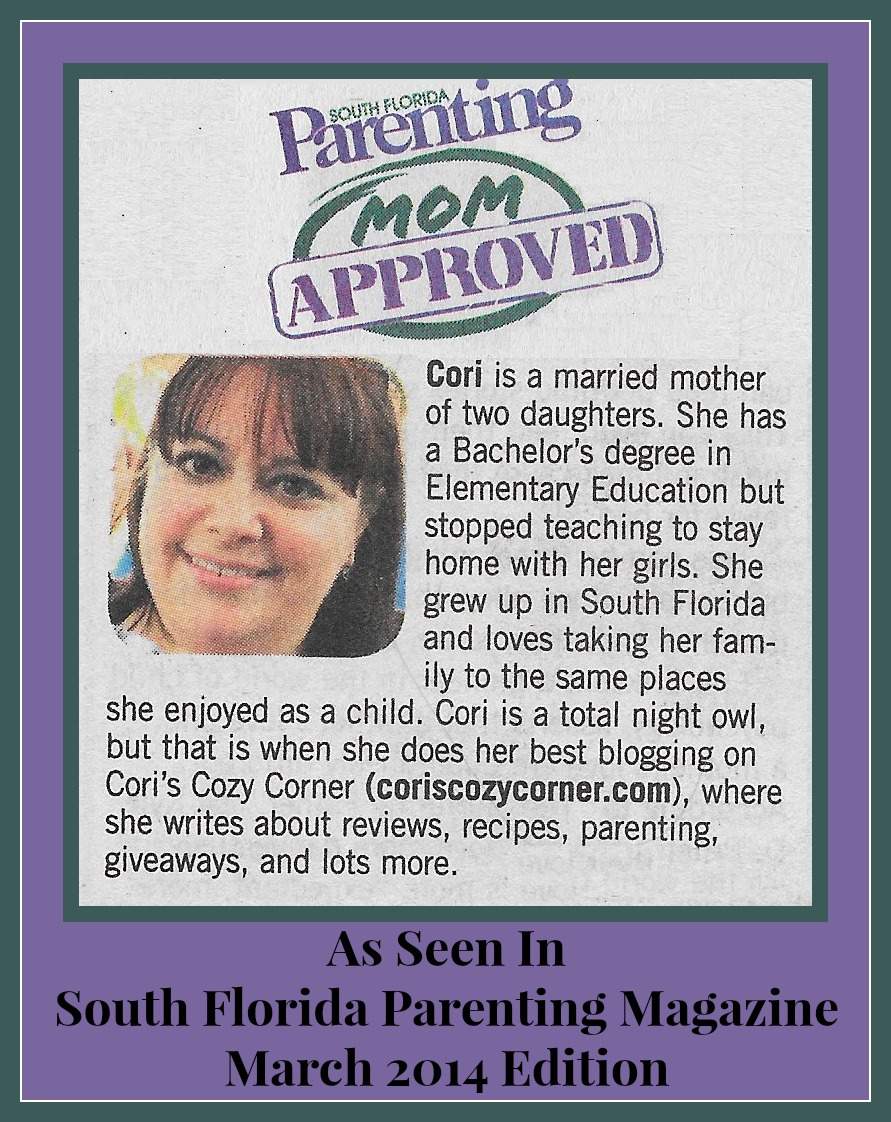
Photo by Pavel Danilyuk from Pexels
The preceding 18- 24 months have seen changes in global health care that will arguably be long-lasting and affect the way health care is provided for the foreseeable future. One of the most interesting observations has been the increase in home health care. This article examines the pros and cons of home health care, aiming to provide some insight into this new way of looking at and managing our health in a modern era. Photo by Pavel Danilyuk from Pexels Photo by Matthias Zomer from Pexels
The preceding 18- 24 months have seen changes in global health care that will arguably be long-lasting and affect the way health care is provided for the foreseeable future. One of the most interesting observations has been the increase in home health care. This article examines the pros and cons of home health care, aiming to provide some insight into this new way of looking at and managing our health in a modern era.
What is Home Health Care?
It has long been the norm that certain ailments and conditions could be treated at home. Peppermint oil for irritable bowel, honey lemon and ginger for a cold or cough, and treating measles mumps and chickenpox can and have all be done at home. This has evolved rapidly over the last 24 months, and the list of health issues that are now simply treated at home with professionally provided medicine, advice, and equipment has grown exponentially. With homecare being a popular option, those within the care business considering expanding by providing home visits would find success with it. Make sure that you can cope with the demand for home visits by having enough medical supplies, home test kits and buy everything in bulk from medical-supermarket.com.
Although the recent trend has been for this type of care to be self-administered, there was a huge demand for home visits to provide the care prior to the pandemic. This is expected to continue once visiting regulations are relaxed. The pros and cons detailed below refer to both of these trends.
Pros of Home Health Care
- It can work to provide case-specific, ongoing proactive health care for the elderly in a way that reduces pressure on state hospital and clinic services.
- Home health care can be used as a means to control a chronic illness that has been professionally diagnosed and is being treated with medication but needs to be monitored and reported on.
- The home is a much more relaxed setting for care to be provided and, as such, has proven to aid in recovery or retention of overall good health.
- Home health care can be designed to suit the specific lifestyle and illness/chronic disease of the client or patient. Providing a bespoke and tailored solution in one’s own home.
- There is a level of privacy and independence that can be maintained in the home and, as such, promotes the maintenance of patient dignity.
Cons of Home Health Care
- If health care that is provided and administered in the home is not integrated with the mainstream in-clinic care, then important home updates can be missed. Key tests may be performed at home, but if not communicated to the professional registered healthcare providers, these results may not be recorded and analyzed accordingly.
- Different and numerous home care visitors may create a disjointed care system, which can be confusing and disorientating for elderly patients.
- Home health care can create a sense of distance from the professional primary health carers if they are not kept in the loop and visits planned from time to time.
Home health care is a trend at the moment, and it is set to continue into the long term as the elderly, and their loved ones find more suitable ways to provide and access care, respectively. If it is thought through and planned accordingly, then most of the disadvantages can be easily overcome. However, the key is to plan and integrate such care with the mainstream, state, or community registered nurses and general practitioner care and advice. In this way, home health care will be able to complement the professional, known system of care, improving the overall holistic provision of modern elderly care.






Speak Your Mind